End-to-End Water & Wastewater Treatment Solutions
Making Water Safer throughout
New Zealand and Australia for over 30 years
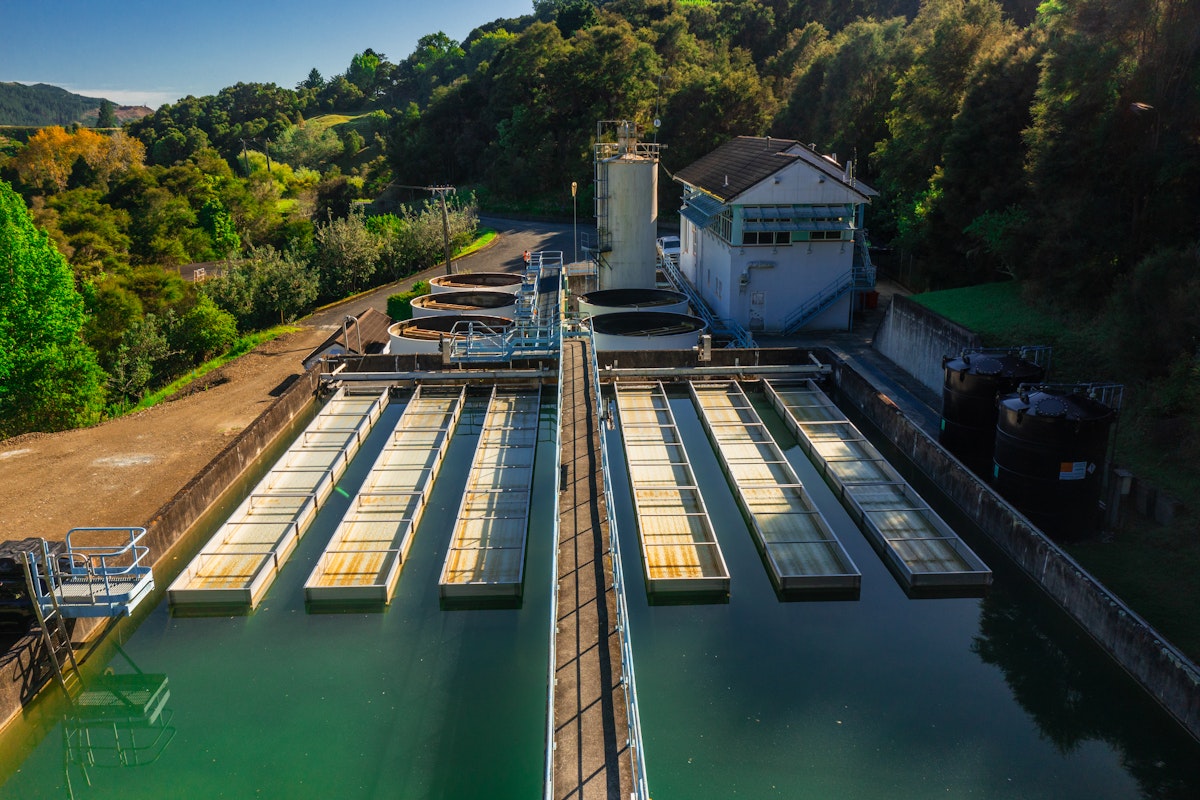
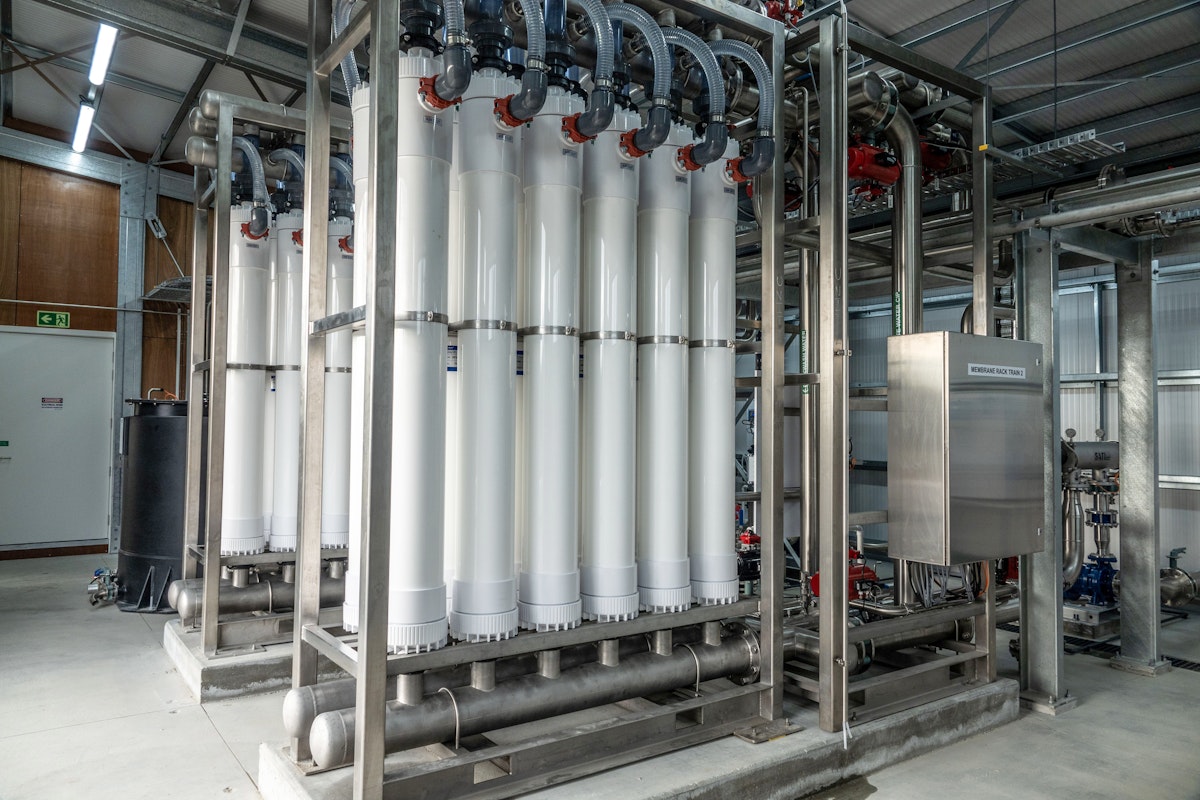
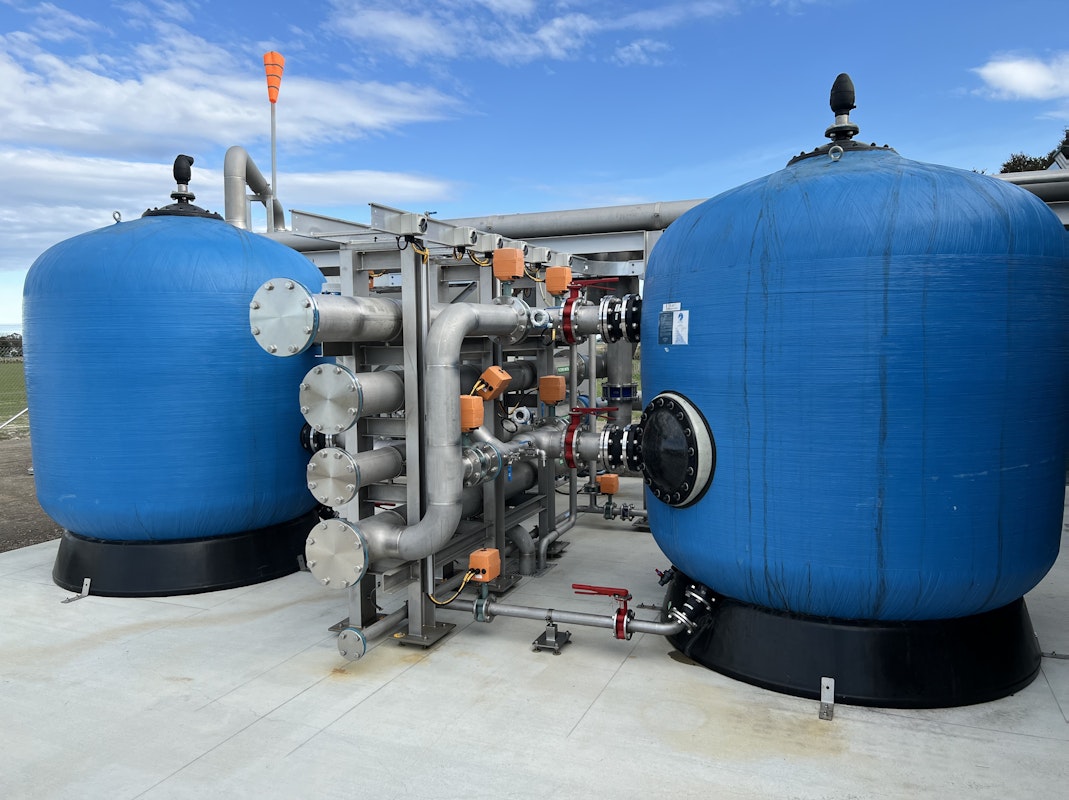
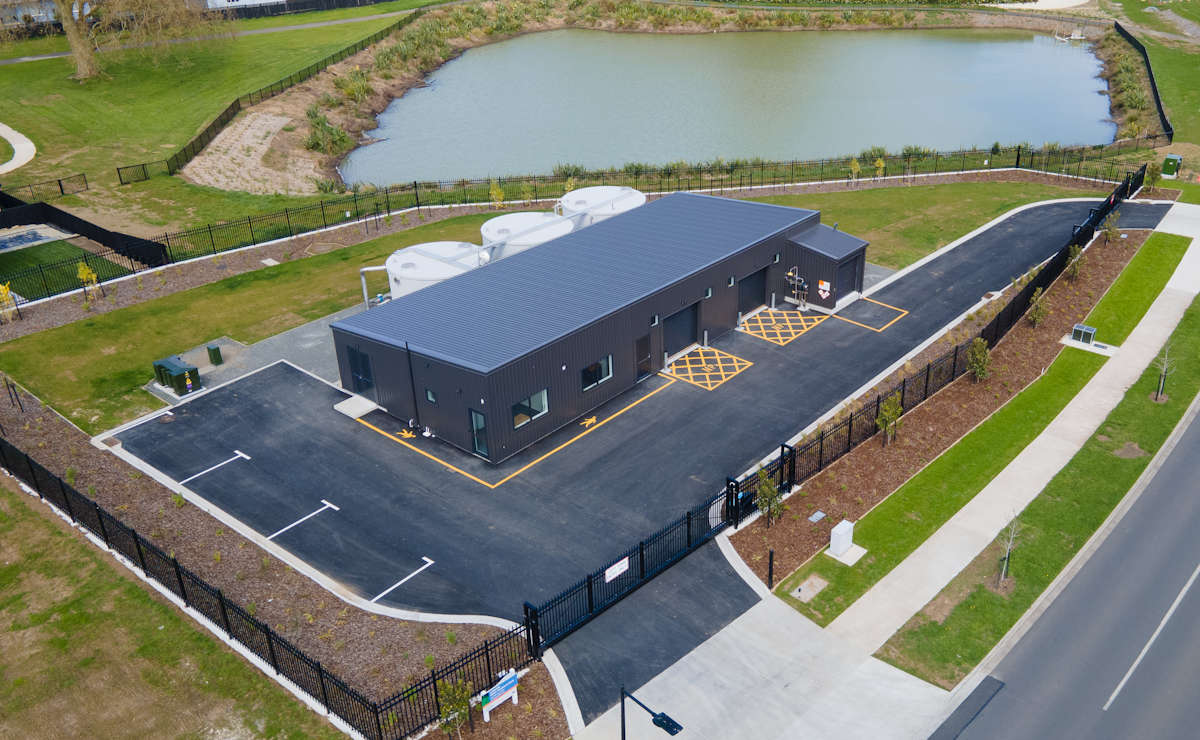
Expert water treatment specialists delivering trusted water and wastewater treatment solutions across New Zealand and Australia.
FILTEC supports safe drinking water, industrial processes, and healthy waterways through design, supply, installation, and servicing - backed by decades of proven project experience.
Making Water Safer for Over 30 Years
Trusted by councils, consultants, and industrial manufacturers. From design and build to servicing and upgrades, we support every stage of your water infrastructure lifecycle.
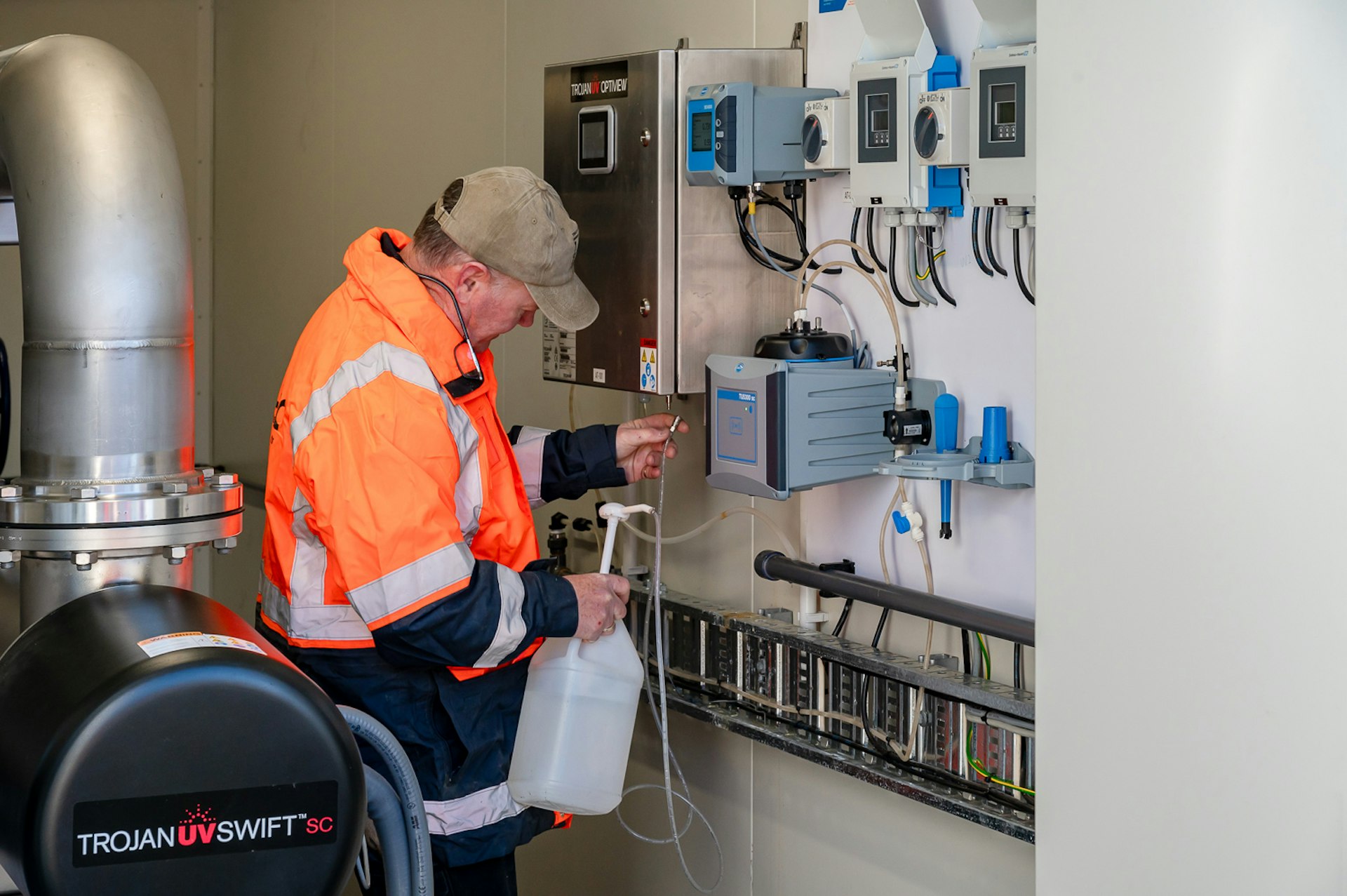
500+
Water Treatment Plants Delivered
120+
Team Members Across Australasia
40+
Regional Installation Partners
Our Water Treatment Solutions
Drinking Water Treatment
Process Water Treatment
Wastewater Treatment
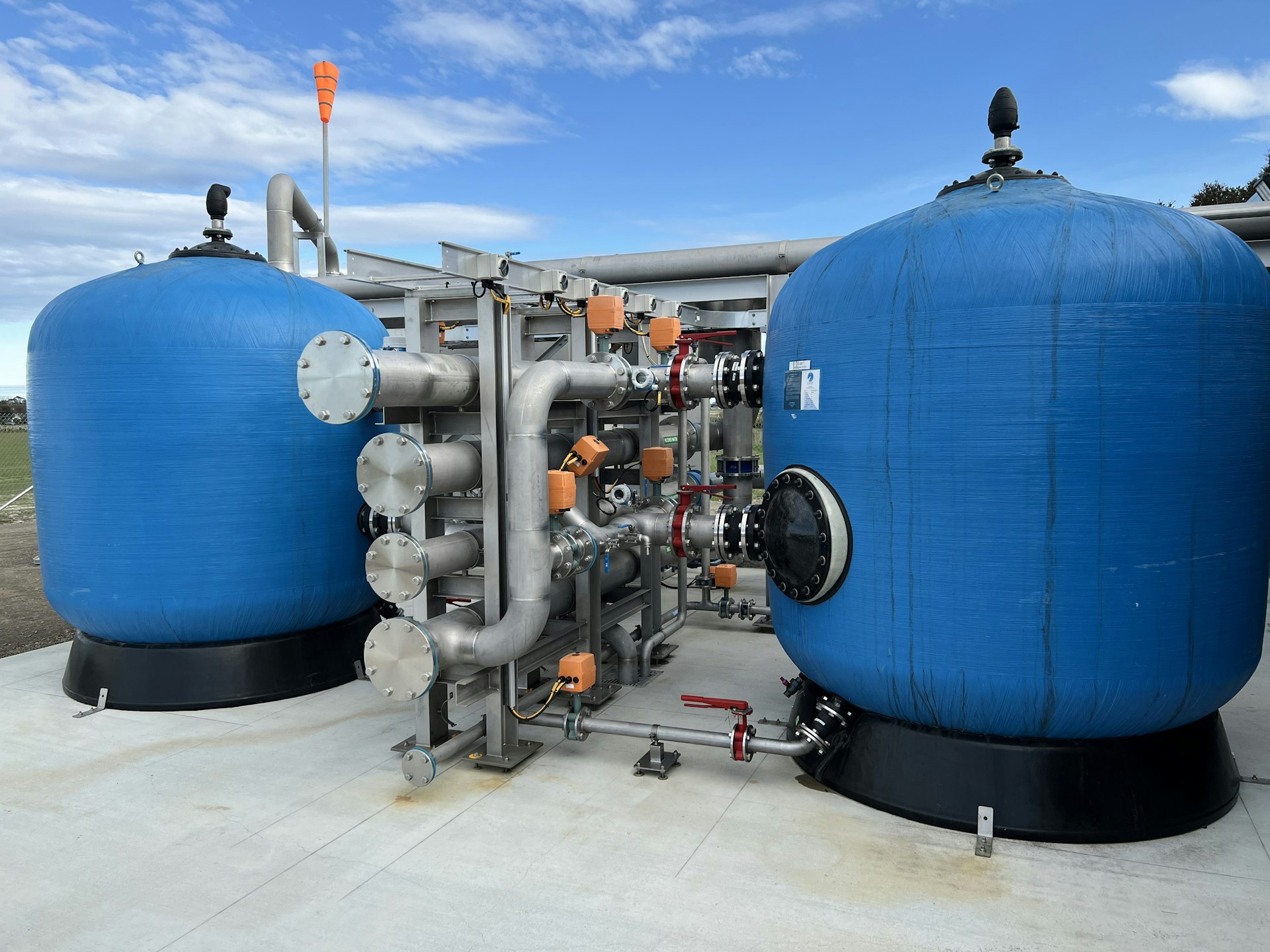
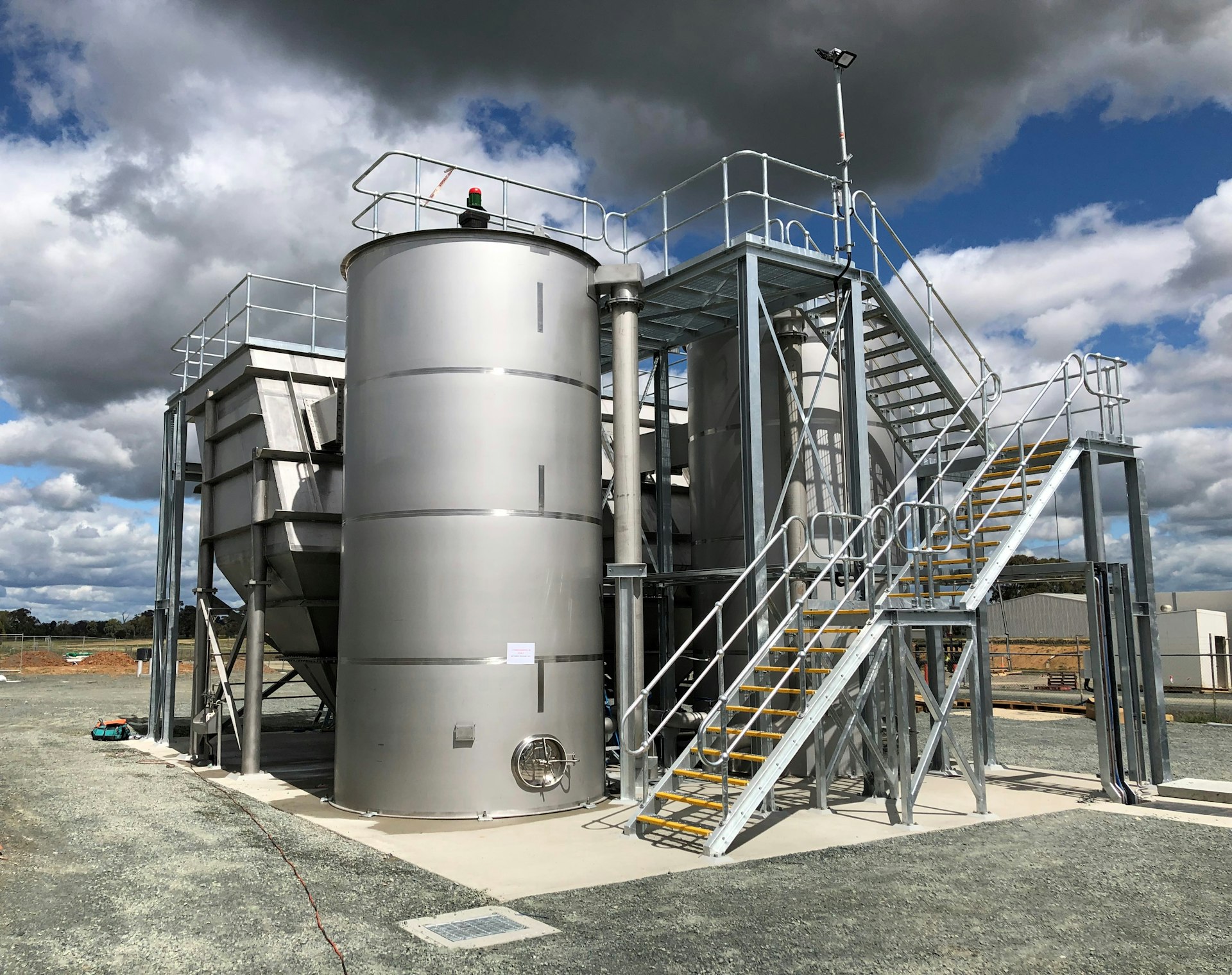
Trusted by New Zealand Councils and Industrial Manufacturers
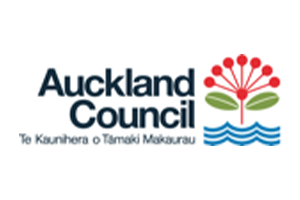
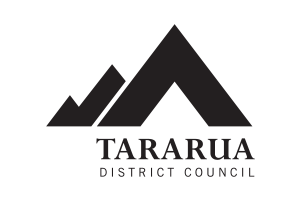
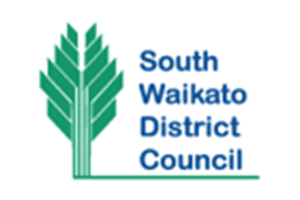
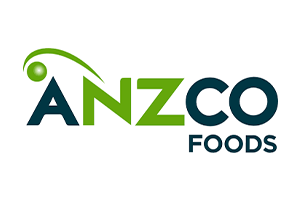
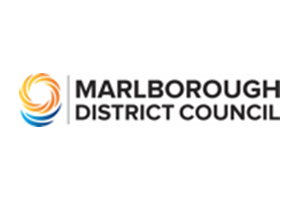
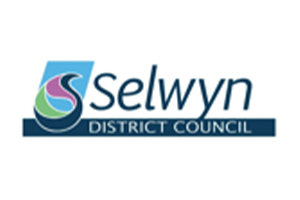
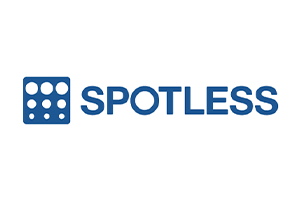
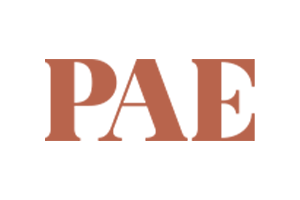
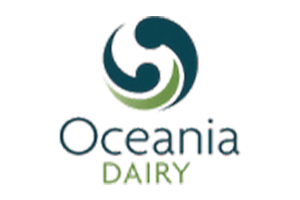
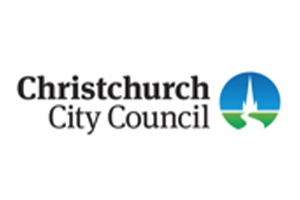
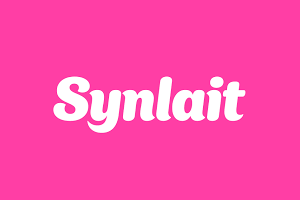
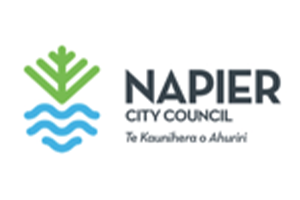
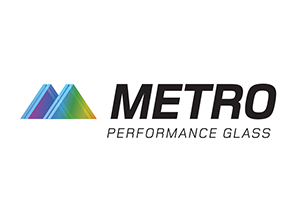
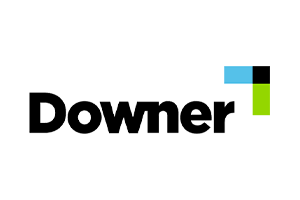
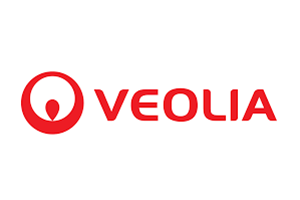
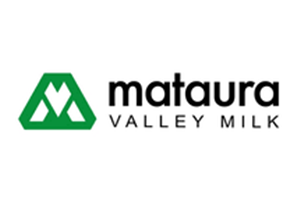
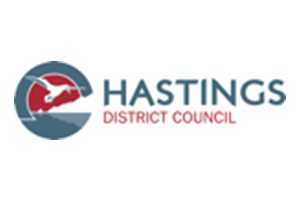
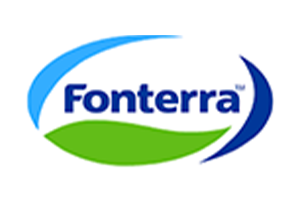
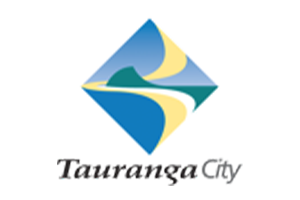
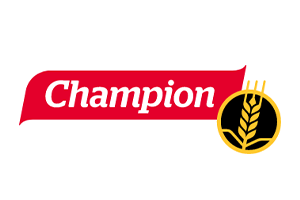
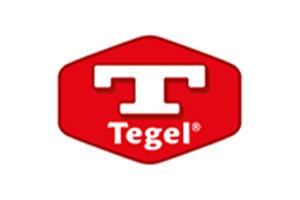
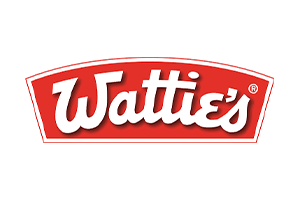
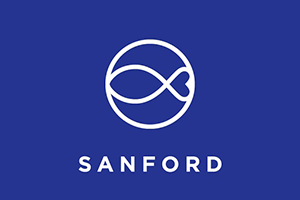
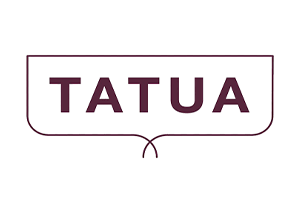
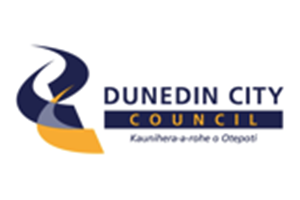
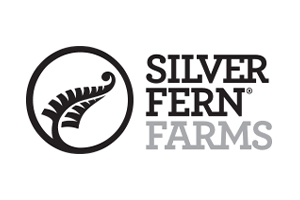
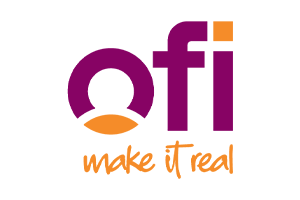
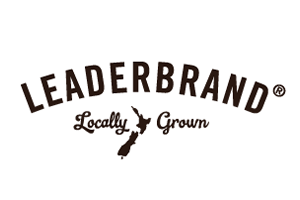
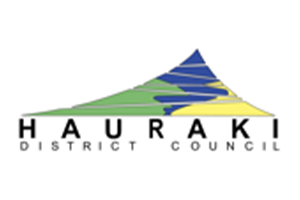
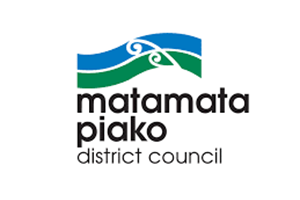
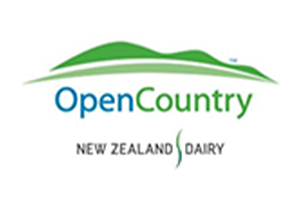
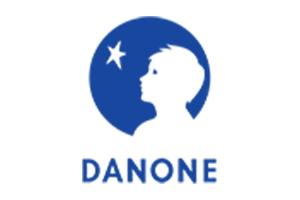
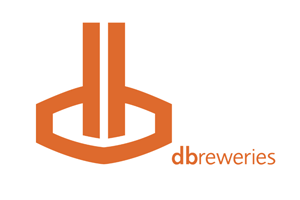
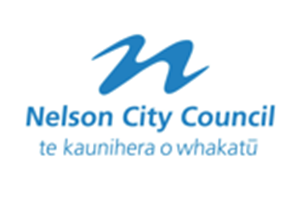
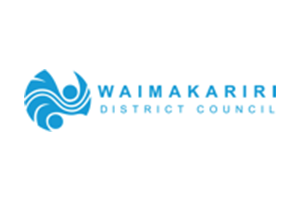
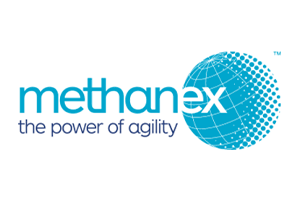
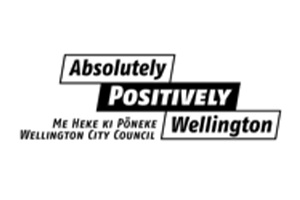
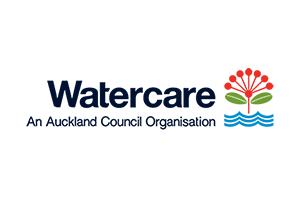
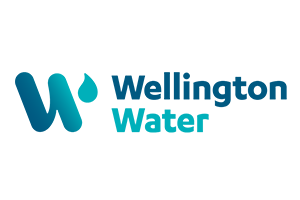
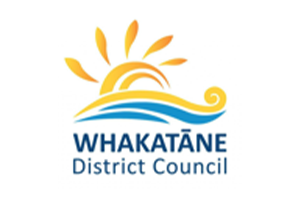
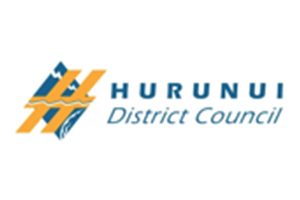
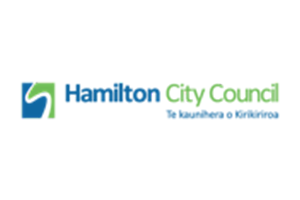
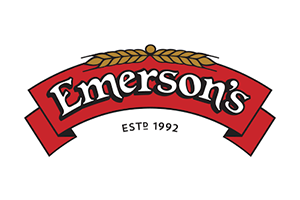
Why Choose FILTEC as Your Water Treatment Partner
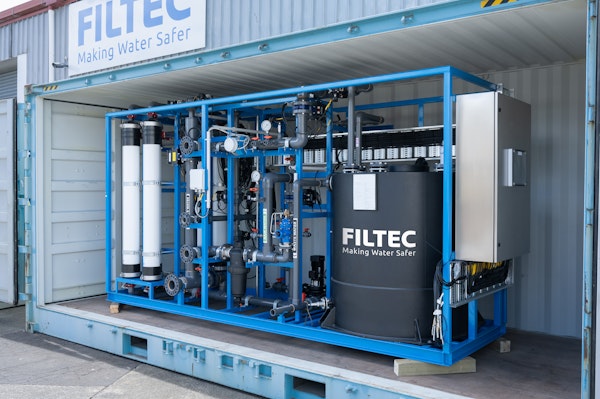
Technology
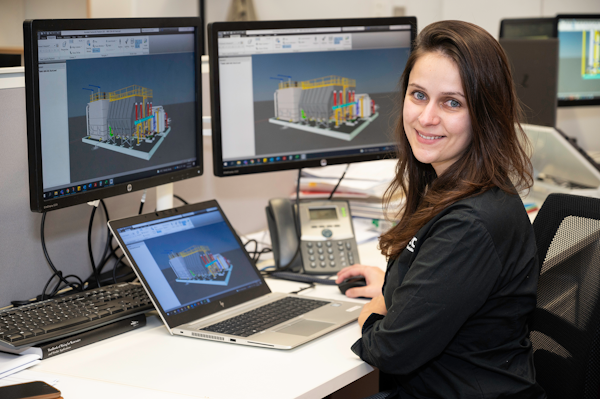
Expertise
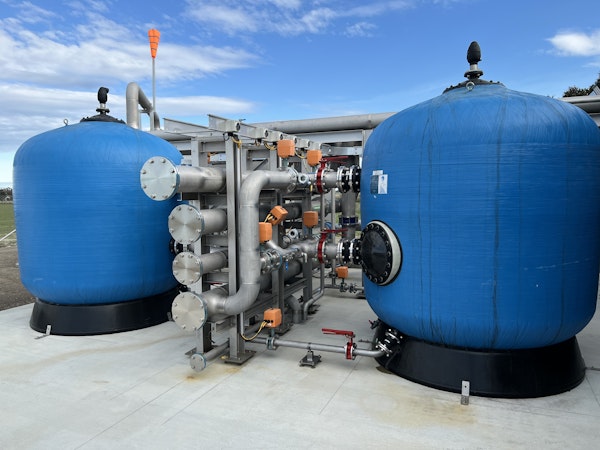
Experience
Rapid Response, Resilient Water Treatment Solutions
FILTEC has a proven track record of working with major water authorities, city and town councils, and some of the largest industrial manufacturers in Australia and New Zealand. Trusted by our customers for critical infrastructure, FILTEC delivers resilient water treatment solutions, even under challenging conditions.
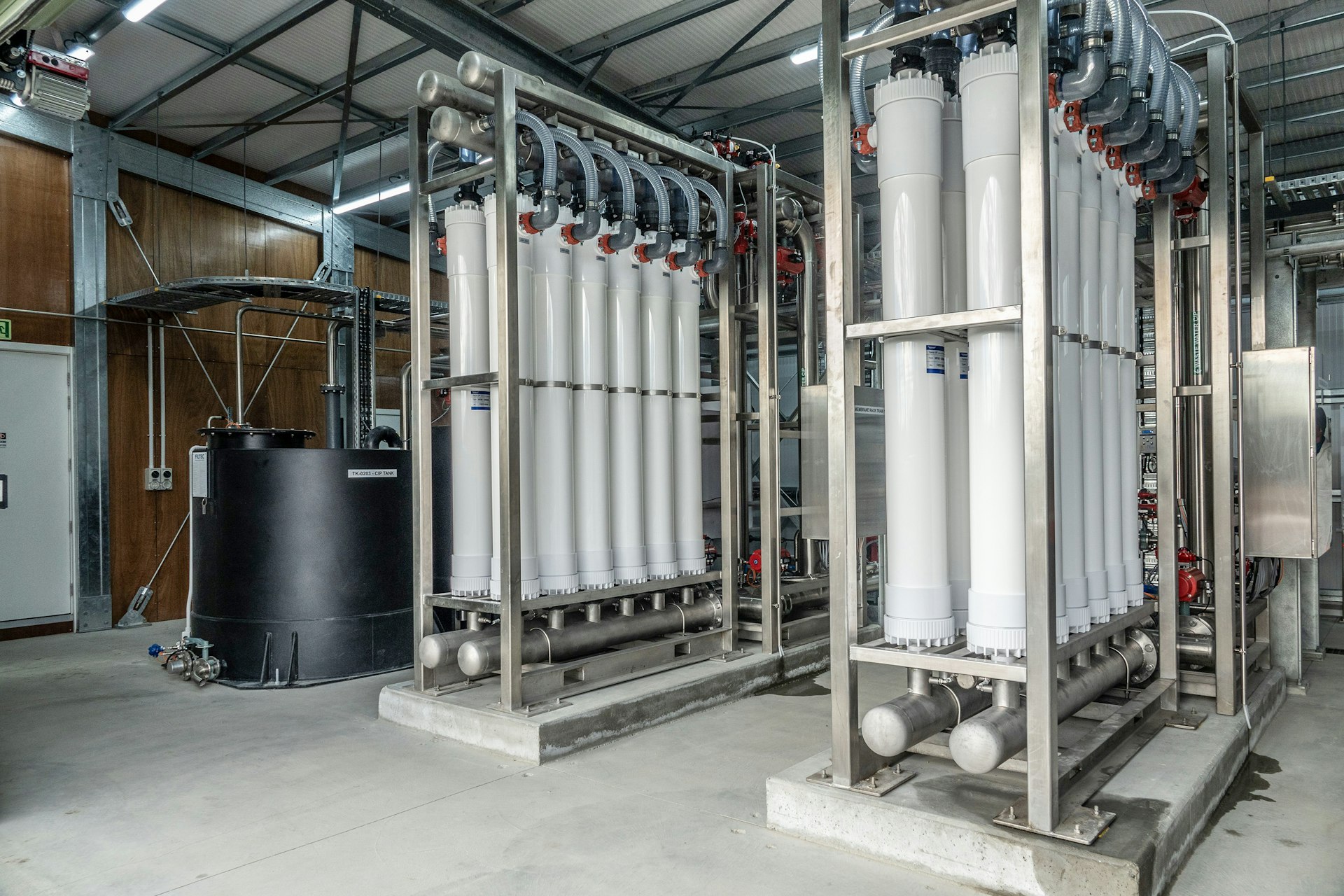
Fairlie Ultrafiltration Membrane Technology Upgrade
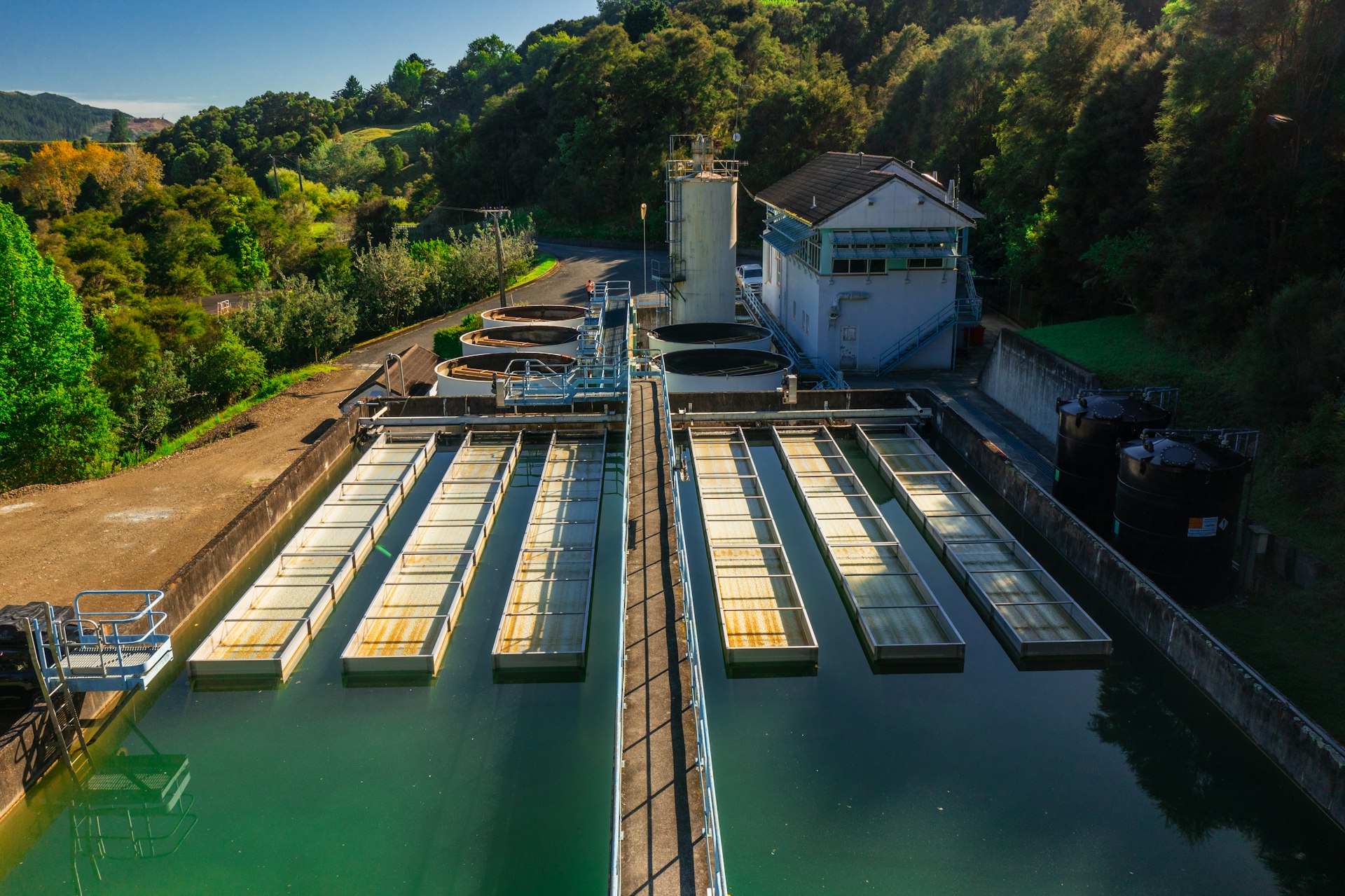
Pre-Treatment Plant Restoration in Gisborne After Cyclone Gabrielle
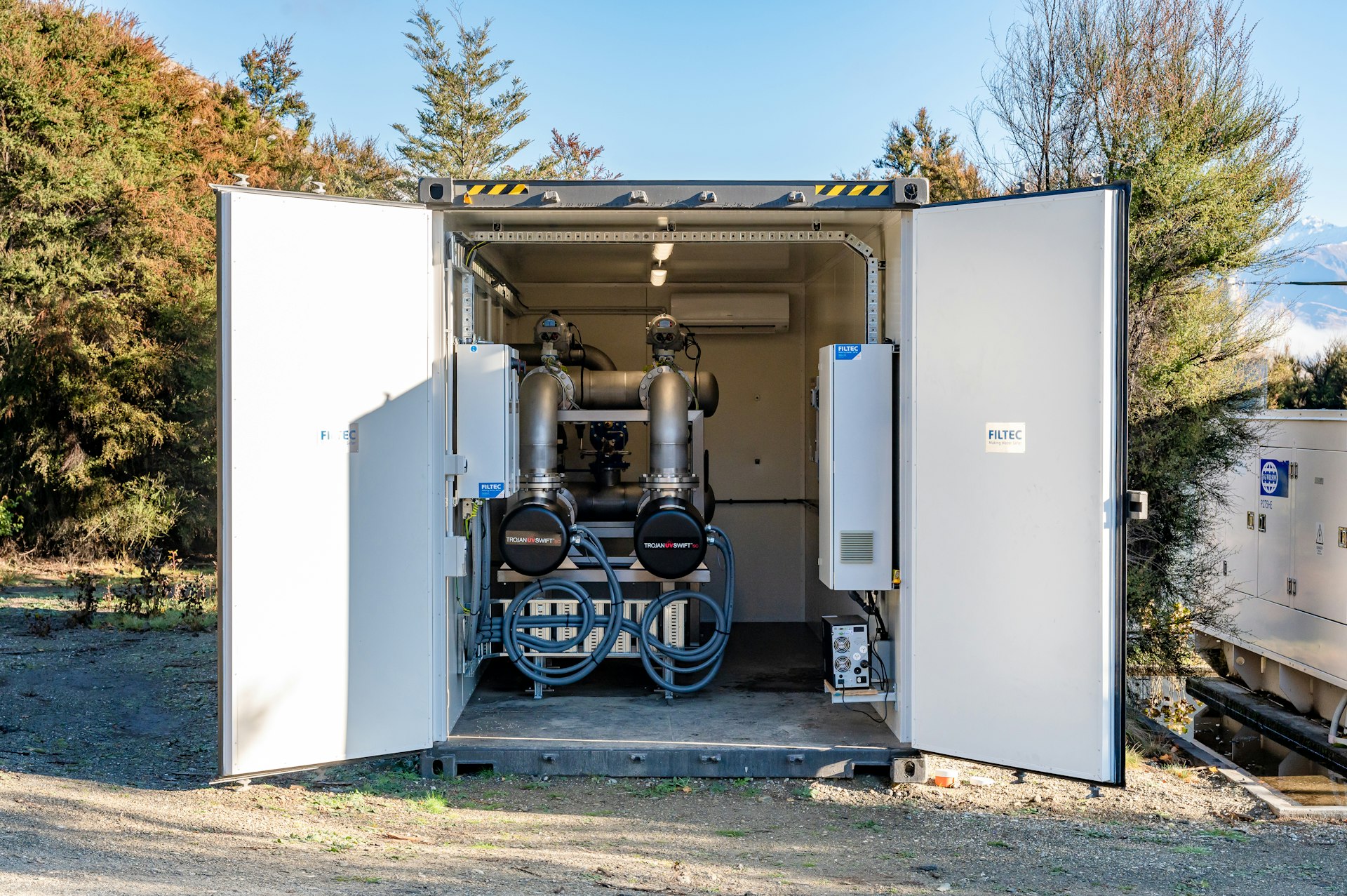
UV Water Treatment Plants in Wanaka for Pathogen Prevention
Solving Complex Water Challenges Through End-to-End Solutions
We provide end-to-end water treatment solutions, supporting every phase of your project with expert water treatment services, from initial design to ongoing optimisation.
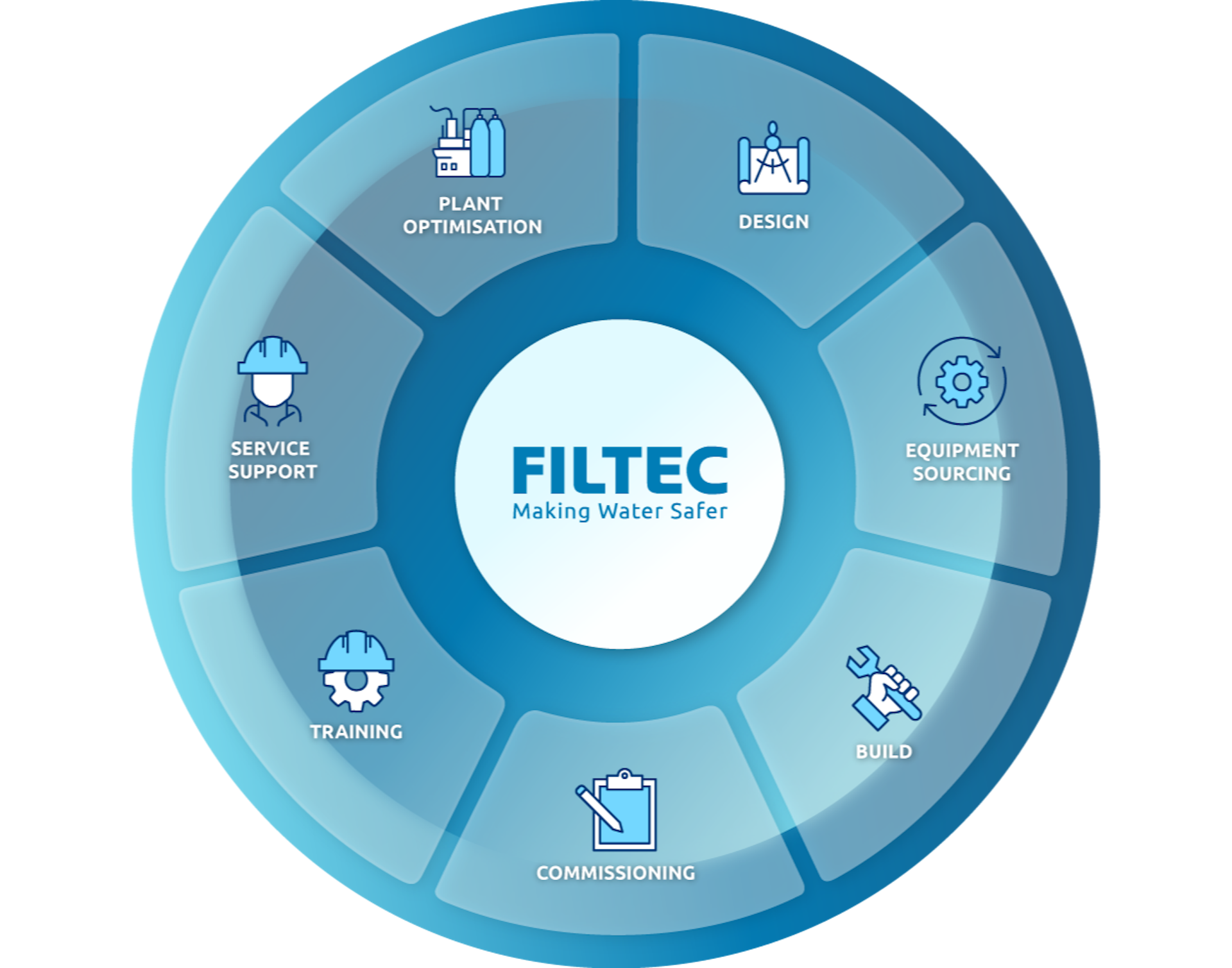
Industry-Recognised, Accredited & Sustainable
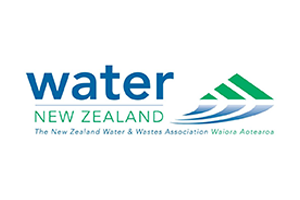
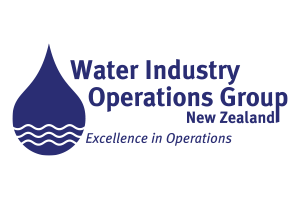
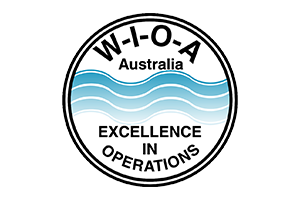


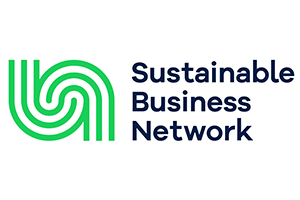
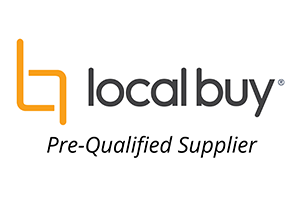
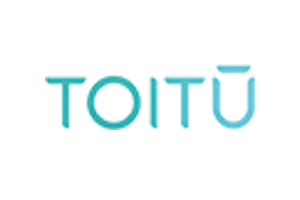
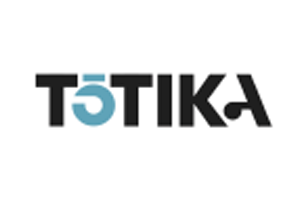
Customer Satisfaction is our Priority
We strive to build long-lasting partnerships with our customers across Australia and New Zealand. We use their feedback to continuously improve our water treatment solutions and services, ensuring consistent customer satisfaction with positive results.
Hastings District Council
“FILTEC have demonstrated: strong commitment to the project, pride in their work, high degree of professionalism, willingness and patience to go the extra distance and good value for money.”
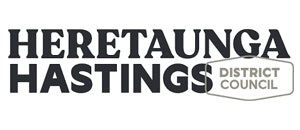
Waimate District Council
“My experience with all members of the FILTEC team shows a high degree of professionalism, timely service and problem solving to ensure that WDC needs are met and often exceeded.”
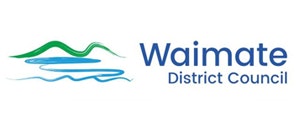
Gisborne District Council
"The FILTEC team have shown in-depth knowledge and understanding of the pre-treatment systems available in the market to help guide GDC through decision-making on an unbudgeted capital project.”
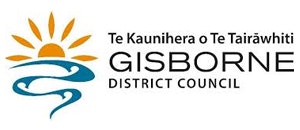
Fonterra Stanhope
"I found the FILTEC design and operations team to be collaborative and helpful throughout the design process. The team was proactive with all design challenges and interfaces and have continued to support and provide maintenance to the plant post construction.”
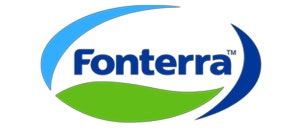
Selwyn District Council
“We have found FILTEC to be reliable, helpful, and proactive, in general and with the trial plant. The support of the local service team and advice from the engineering team was appreciated… and has provided us with the confidence to proceed to tender for a full scale plant.”
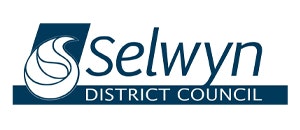
Danone
"FILTEC have demonstrated an in-depth knowledge of reverse osmosis… They have always been willing to provide Danone with ongoing help and support… the FILTEC team were helpful, proactive, professional, and knowledgeable.”
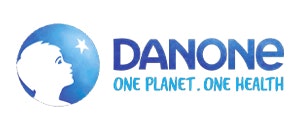
Tararua District Council
“The FILTEC design and project delivery team were helpful, proactive, professional, and provided all the required deliverables in a timely manner.”
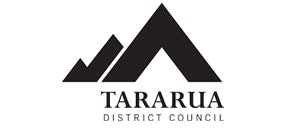
Downer
“FILTEC have continually striven to add value, save costs and produce a plant the client can have confidence in to deliver the design outcomes.”
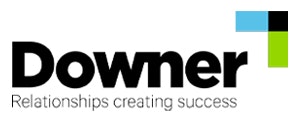
Babbage
“I found the FILTEC design, project management and delivery teams to be collaborative, approachable, and pro-active in progressing the project and solving any challenges that arose.”
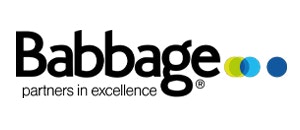
South Taranaki District Council
“My experience with FILTEC was gratifying… and a pleasure to deal with. Key contract personnel were always accessible and responded to queries promptly… They were reliable, stayed on schedule despite problems and endeavours to complete the work on time."
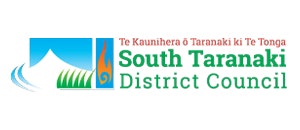
Development Partners Ltd
“We have found FILTEC to be professional and proactive in approaching the design and implementation of all matters related to the project.”
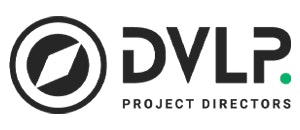
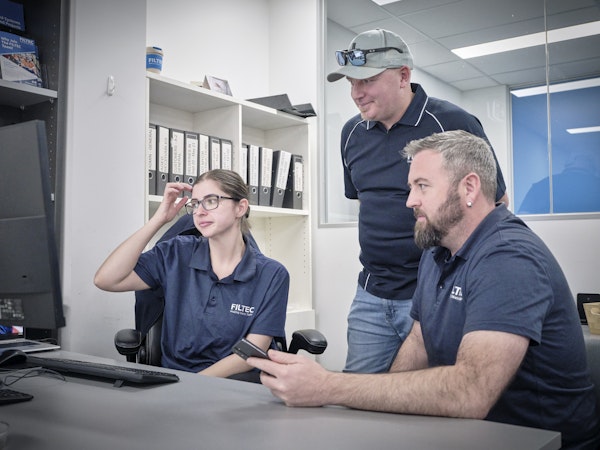
Request Parts or Pricing
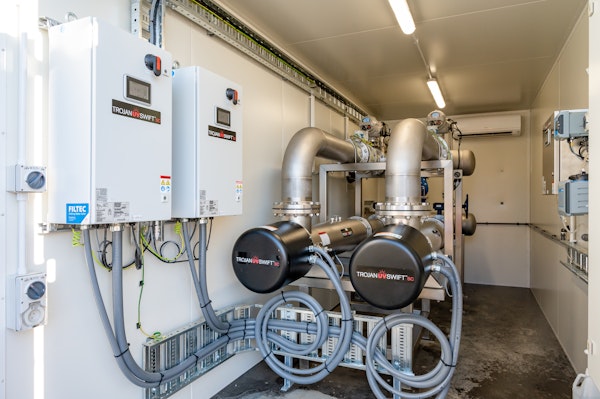
Find a Product
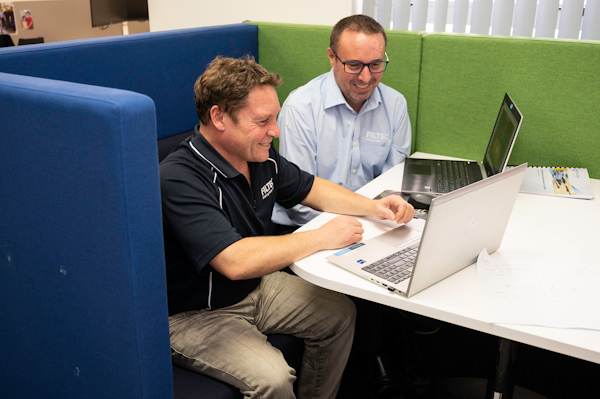
Work With Us
Follow Us on Socials
Explore our comprehensive water treatment expertise and our products used to treat your water.
